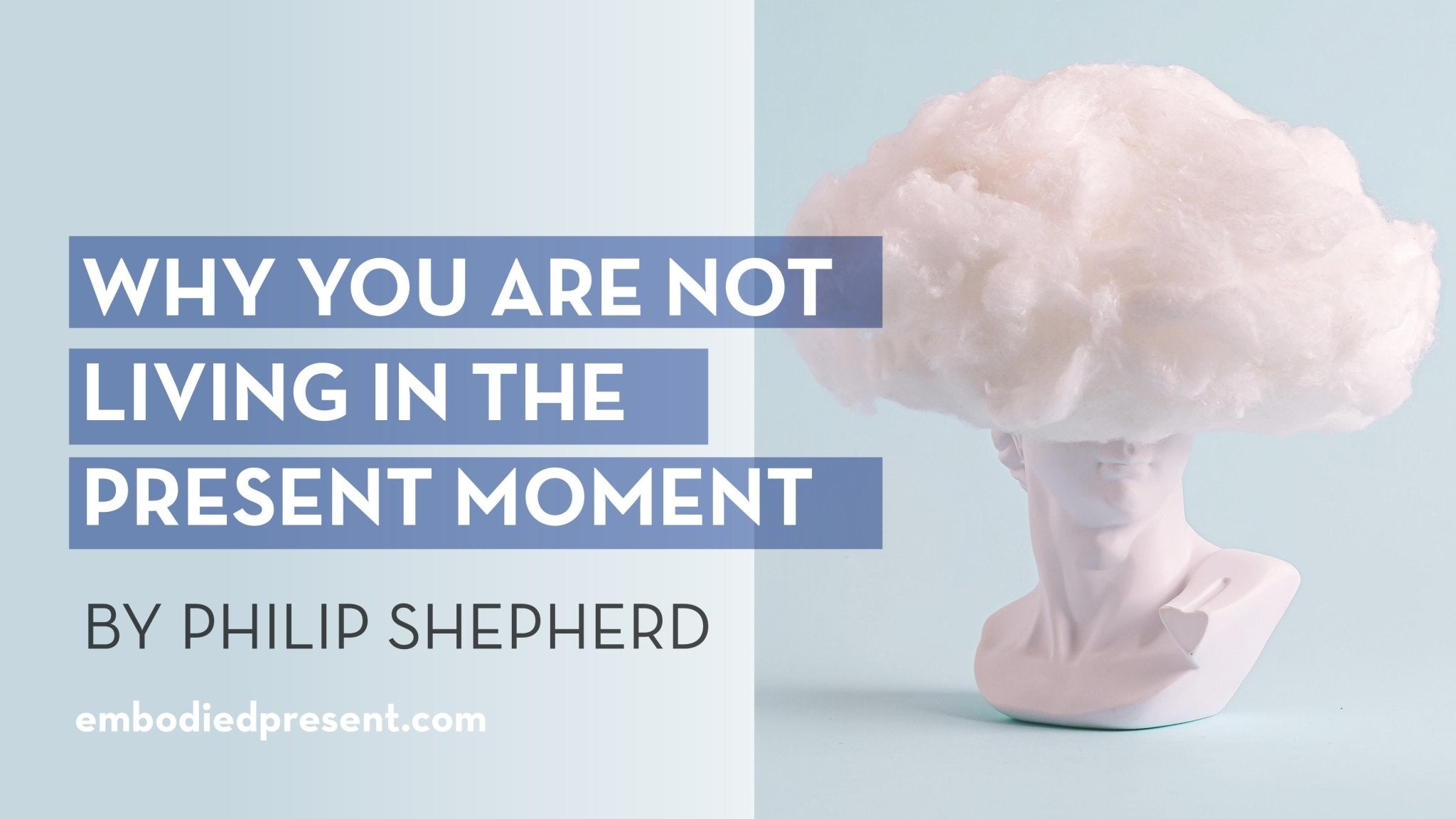Our culture’s idea of the human body has strayed so far from reality that it qualifies as a work of fiction. The effects of that fiction, alas, couldn’t be more real. They show up in a range of modern afflictions that habit has persuaded us to accept as normal: the undercurrent of anxiety running through our lives, our sense of disconnection, and the adversarial relationship we have with our own being, to name a few. So what is this fiction? Oddly it shows up most clearly where attempts to counter it are most earnest. For example, when you are encouraged to “listen to your body” you are being tacitly advised that you are divided from it as though by a wall, and that it would be prudent once in a while to put your ear to that wall to find out what’s happening on the other side. The metaphor also completely obscures the fact that the real ‘listener’ in this scenario is the body: your body ‘listens’ non-stop. Every doubt and decision, every bit of confusion, every single insight you experience is heard by the body and understood and made real there. Our fictional idea of the body also shows up in the well-intentioned warnings about the mind/body split we suffer from, and the schism between them that needs healing. In this case, the fiction is on full display. Simply put, there is no such thing as a body without a mind. The phenomenon just doesn’t exist, unless you are talking about a corpse. You can’tremove mind from body – there’d be almost nothing left. The body has an autonomous brain in the belly that perceives, thinks, decides, acts and remembers entirely on its own. The body also has the heart – so dense with neurological tissue that it qualifies as a third brain. And more than that, as neuroscientist Candace Pert helped establish, neuropeptides – dubbed “the molecules of thought” – suffuse the body, carrying a stream of information among its cells. So our idea that the mind exists independent of our body, or can somehow be separated from it, is dangerously misleading. It turns the body into a thing. It deafens us to its intelligence. It renders us oblivious to the ways in which the body’s intelligence registers and integrates our conscious and unconscious thinking; and being oblivious of that, we lose the skill of surrendering to its deep, wordless intelligence and coming into harmony with it. But we lose more than that: we also lose our sense of all the ways in which the body listens to the world around us. Oblivious to the body, we don’t hear the world. We hear what people say about it, we hear ourselves thinking about our own thoughts about it – but we don’t hear it. The wordless intelligence of the world simply doesn’t exist for us. As such, we can’t harmonize with it either. And where there is not harmony, there can only be disharmony. There is no question that modern life pulls us into a divided state – but as long as we misunderstand the issue, and imagine the body to be a sub-intelligentthing, and feel we have to somehow steer our true intelligence to listen to and take into account and reconcile us with its uncomprehending and somewhat random sensations – as long as that is how we understand the issue, we will remain in a divided state. The issue is not that we have divided the mind from the body – we have divided the mind from itself. We have split it and segregated its parts, and arranged those parts in a hierarchical order that flatters the male strengths of our consciousness and debases the female strengths of our consciousness. As long as that hierarchy maintains its hold on us, it will bar us from experiencing our wholeness. I think that the path each of us forges through life is shaped by a tug-of-war that goes on between our desire for wholeness and our desire to retreat to the safety (or at least forgetfulness) found in various forms of seclusion. The most powerful form of seclusion we can create for ourselves is to section off one aspect of the mind, buffer it from the whole, and make it dominant – by undoing our wholeness, that blinds us to the world’s. In our hearts, we all yearn to undo the divisions that frustrate our lives and sap them of vitality. We yearn for an experience of the mind’s wholeness, which we know to be a place of calm, harmony and clarity. The world calls us towards wholeness with every breath we take. All that stands in our way are the artifices of division we have created – and foremost among them is the idea of a body without a mind.
Other posts
TEPP Facilitator Sarah Stewart-Brown writes about Radical Wholeness and TEPP
From Sarah Stewart-Brown of Wellbeing Ventures The TEPP Facilitator training is very rich; I came away after each of the three retreats with many insights and much more awareness of...
Why you are not living in the Present
After I made the video above, I thought some more about it, and put pen to paper, and wrote this slightly longer exploration of the subject. I feel the...
thewayisee
There’s a popular YouTube video (see below) of a baby named Piper squirming as her parents fit her first pair of glasses onto her face. Initially struggling, she settles, and...






Leave a comment